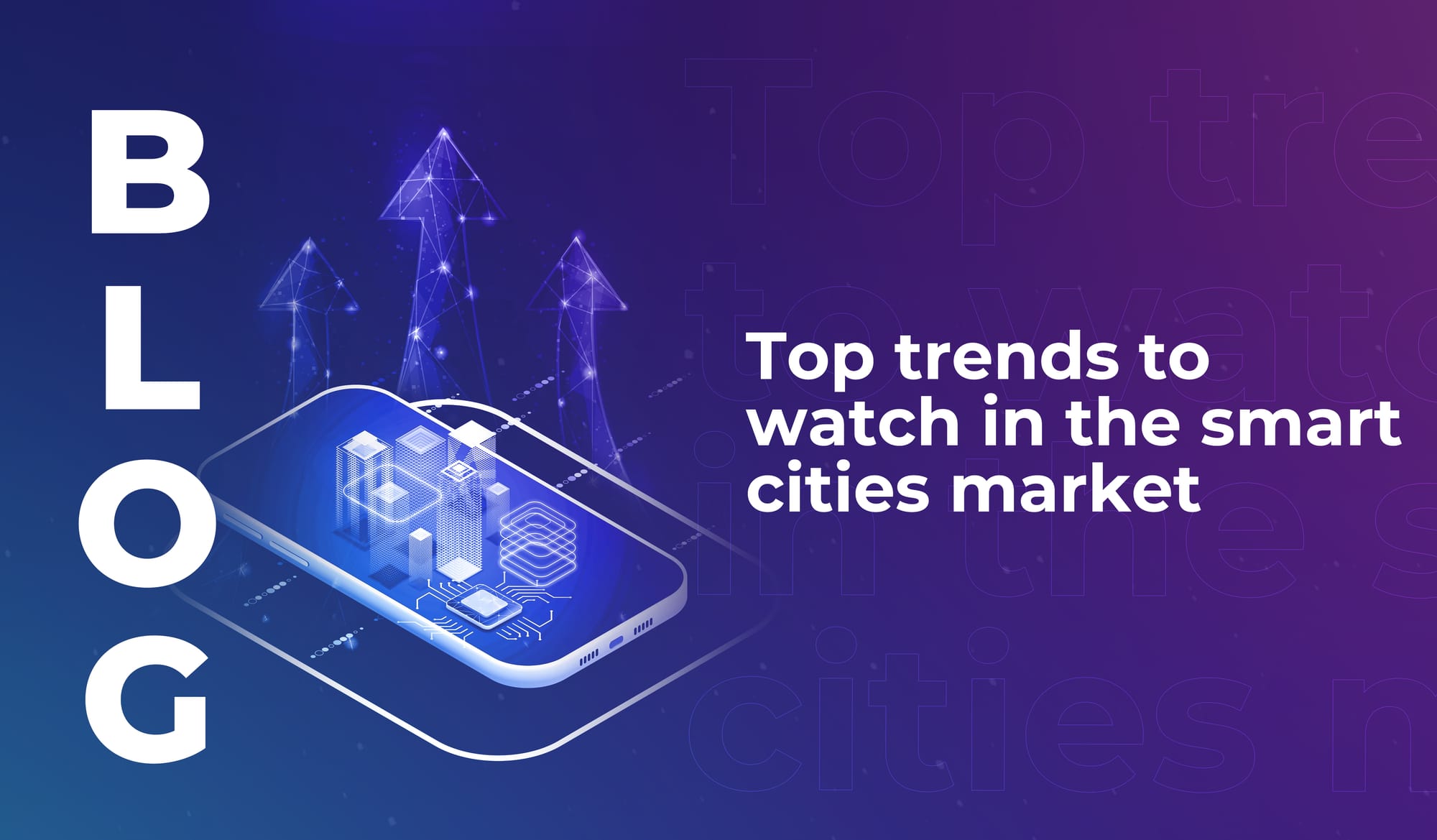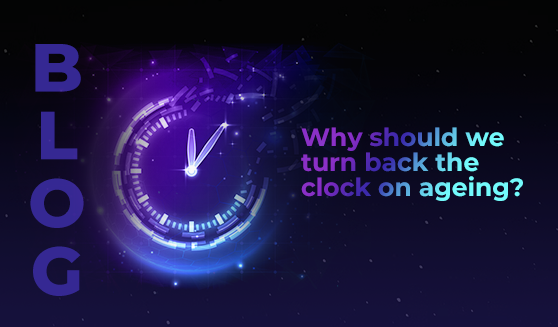
Top trends to watch in the smart cities market
Explore key smart city market trends for 2025–2030, from EV infrastructure to AI-powered waste systems – backed by the latest industry report.


From a five-year-old scientist to a leader cutting edge longevity medicines, LEAP 2024 speaker Marco Quarta (Co-Founder and CEO at Rubedo Life Sciences) has dedicated his life to treating age-related disease.
We asked him why reducing our biological age is so important, both for individuals’ health and for enabling sustainable healthcare systems as the world’s population continues to grow.
“I had my first inspiration when I was five years old – that’s when I decided I wanted to study ageing and find a way to change how we age. A year later, I put together my first lab; small but with a real microscope, anatomical model and chemistry kit, thanks to gifts and donations from scientists in my family.
“I started to play science back then, but I never stopped.
“Many years later, less naively, I continued working on ageing and regenerative medicine running a research team in my lab at Stanford University. That’s when, joining forces in 2018 with my co-founders, we started Rubedo Life Sciences with the goal of translating our discoveries into new Longevity medicine.
“Our goal? Solving the problem of cellular senescence, which is a major underlying cause of chronic inflammation as we age, leading to issue degeneration. We build the tools and the technology to target cellular senescence effectively to enable treatment of age-related diseases and to extend healthy lifespan.”
“While we stay biologically younger, typically when we are chronologically younger, we naturally maintain a healthy quality of life. However, during chronological ageing, typically for the average person after the age of 65, the biological ageing process drives the degeneration of tissues and organs, leading to an exponential risk, year after year, of developing multiple age-related diseases.
“This process can also be accelerated by premature biological ageing (caused by factors such as disease, virus, environmental pollution, genetics): you could be chronologically young but biologically aged, and afflicted by age-related diseases.
“With a growing ageing population, progressively more sick, the trajectory of humanity is facing a crisis. In a non-distant future, the socio-economical cost of taking care of the elderly population afflicted by chronic degenerative diseases will become unsustainable.
“Longevity medicines can treat age-related diseases, offering diseases-modifying intervention for unmet medical needs. But those Longevity medicines can do more: by maintaining a young biological age, they can prevent or delay the onset of chronic conditions such Alzheimer's, diabetes, cardiovascular, fibrosis, cancer – to name just a few.
“Even a small delay of a couple of years on a global population scale, could save trillions spent each year in healthcare costs. Moreover, adding more healthy years to our lives will add an active and productive generation to our society: the elderly. Being more youthful and healthy and ageing gracefully, they will continue to enjoy life and be an active part of the society instead of retiring to take care of a declining health.”
“At Rubedo we developed a drug discovery platform called Alembic, which leverages cutting edge single cell multiOmics technologies and artificial intelligence to discover the key drivers of underlying causes of chronic diseases.
“For instance, we discovered specific types of pro-inflammatory senescent cells, the so-called ‘zombie cells’ that are responsible for tissue decay and chronic diseases. We also leverage novel computational chemistry, such as generative chemistry, machine learning and in silico modelling coupled with our proprietary novel synthetic medicinal chemistry to translate our discoveries into small molecules that are designed to selectively target those pathologic senescent cells discovered at the beginning of the process.”
“A major problem in developing drugs that selectively target senescent cells (called senolytics) is selectivity and safety. Not all senescent cells are equal and they do not all play the same role. The challenge is to find the right targets and to make drugs that are very specific.
“We’ve overcome those challenges by converging several emerging technologies, such as AI, single cell biology and novel chemistry into one platform called Alembic, an acronym for: Algorithms for Life Extending Medicine using Biology, Informatics and Chemistry.
“We constantly evolve Alembic, integrating emerging new technologies – for example, in the early discovery we implemented spatial multi-Omics over the years as this technology evolved and improved over time. Or again, we keep augmenting generative chemistry for the drug development pipeline.”
“LEAP is a fantastic forum that connects cutting edge technological innovations across different fields. This is a key aspect to make sure cross-pollinations between sectors come together effectively and accelerate new fields. It is the perfect recipe to spark new possibilities and enable quantum leaps across different fields while closing the gaps.”
Thanks to Marco Quarta at Rubedo Life Sciences. Did you miss LEAP 2024? Pre-register now for LEAP 2025 to secure your spot.

Explore key smart city market trends for 2025–2030, from EV infrastructure to AI-powered waste systems – backed by the latest industry report.

Learn how generative AI is unlocking the true potential of digital twins – to make smart cities more efficient, inclusive, and citizen-focused.

The smart cities of the future will use tech to lower emissions, cut urban temperatures, and improve quality of life in highly populated areas.

Explore key smart city market trends for 2025–2030, from EV infrastructure to AI-powered waste systems – backed by the latest industry report.

Learn how generative AI is unlocking the true potential of digital twins – to make smart cities more efficient, inclusive, and citizen-focused.

The smart cities of the future will use tech to lower emissions, cut urban temperatures, and improve quality of life in highly populated areas.